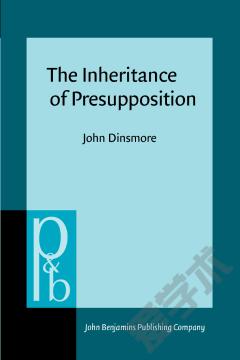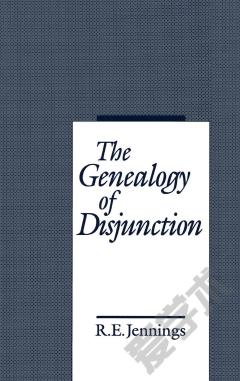The Inheritance of Presupposition
This work presents a procedural account of the so-called âprojection problemâ for presupposition. It is assumed that presuppositions embedded in complex sentences are subject to no projection rules or ad-hoc conditions whatever, but are in fact satisfied in appropriate contexts in a completely uniform way. It is demonstrated that the apparent filtering, alteration, or preservation of an embedded presupposition is in every case a logical consequence of a general, independently motivated model of language processing and knowledge representation. It is shown in detail that turning the âprojection problemâ upside-down in this way leads to a far more explanatory and descriptively adequate account than any previously proposed.
{{comment.content}}








 京公网安备 11010802027623号
京公网安备 11010802027623号